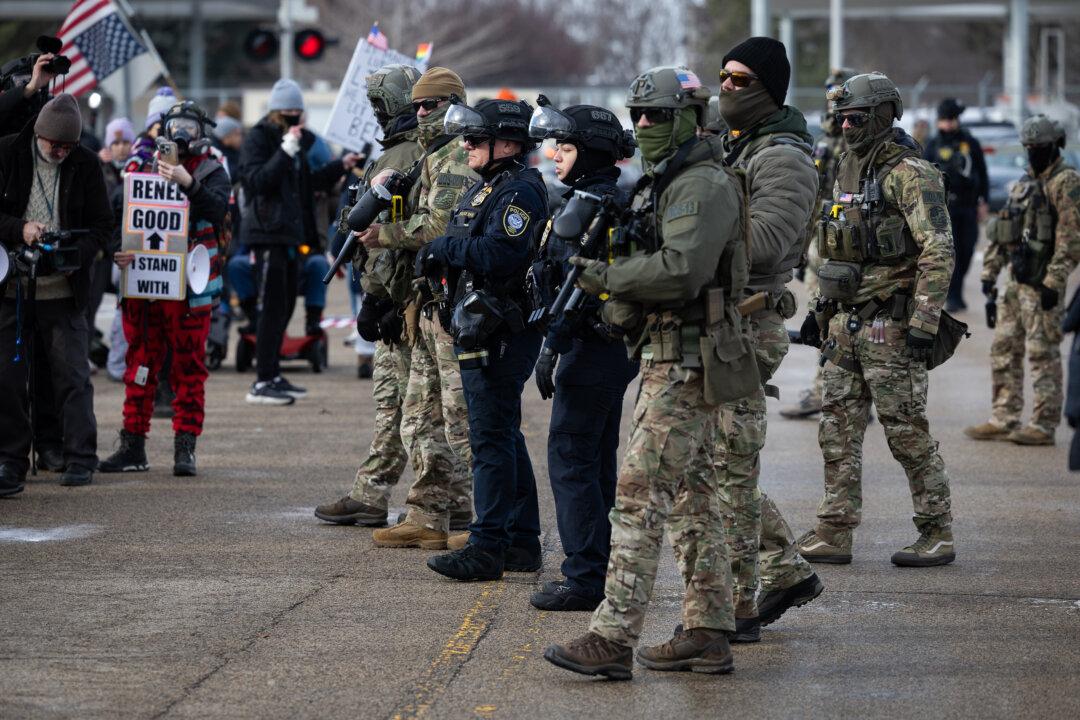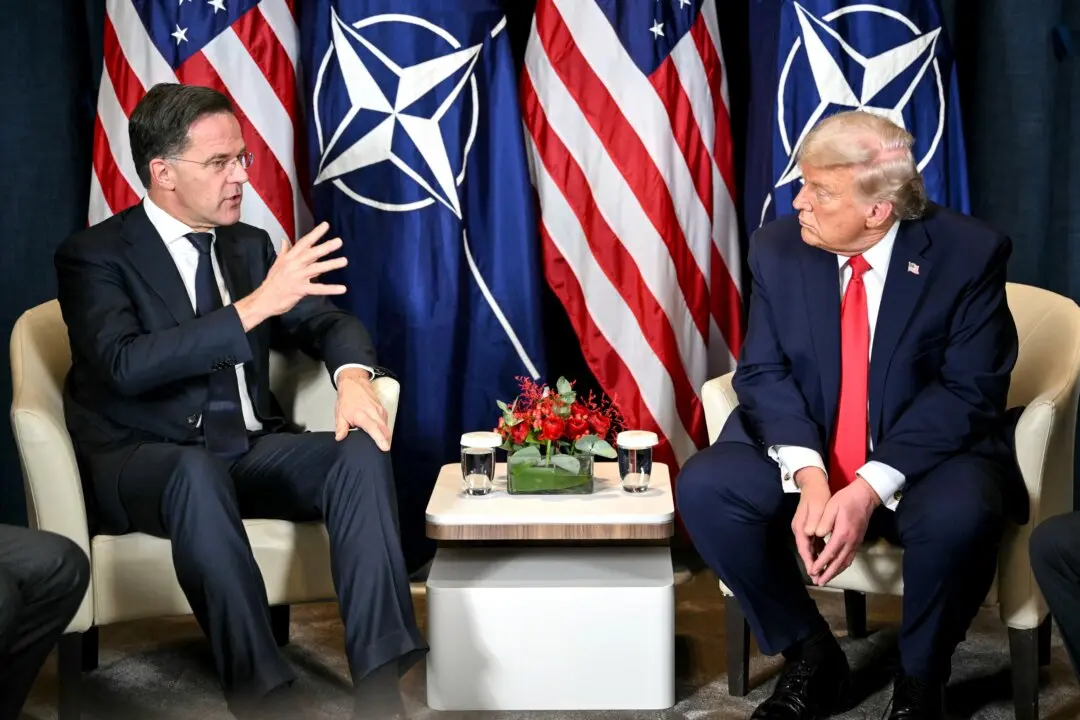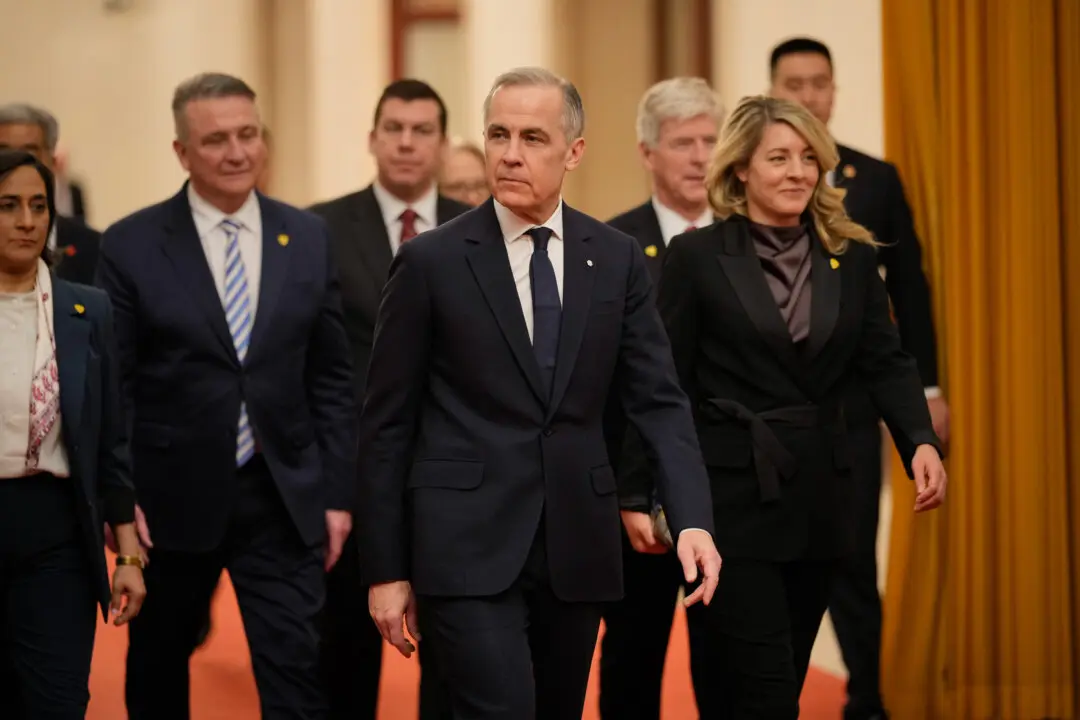Commentary
The forthcoming retirement of Warren Buffett as CEO of Berkshire Hathaway at the age of 94 and after 55 years in that position is, because of his immense success and influence, a watershed occasion for international commerce. As his successor he has selected vice chairman Greg Abel, a Canadian from Edmonton who was not well known but presumably will instantly become quite famous.





